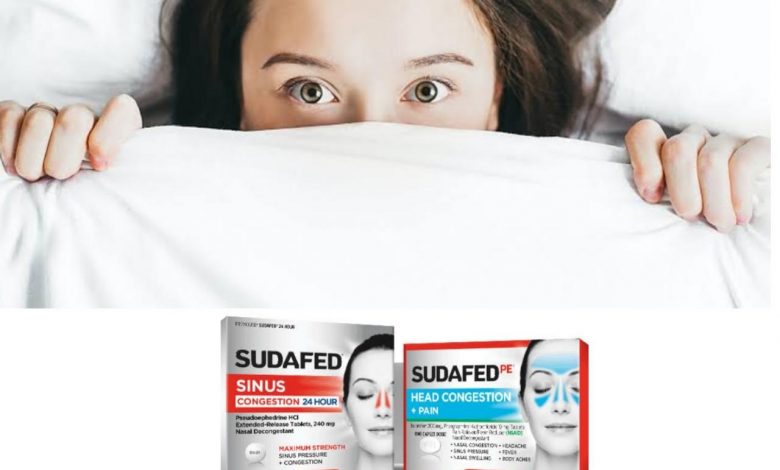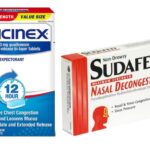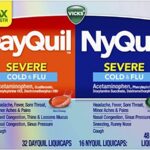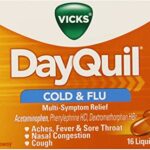Does Sudafed Keep You Awake?

Sleep is an essential function that allows your body and mind to recharge, leaving you refreshed and alert when you wake up. Healthy sleep also helps the body remain healthy and stave off diseases. Without enough sleep, the brain cannot function properly. Nearly one in three American adults are not obtaining the recommended seven hours of sleep each night. Many struggle to fall asleep or stay asleep, or are experiencing sleep disorders.
Nasal congestion leading to a blocked or runny nose can be uncomfortable at the best of times. It can also make it particularly difficult to get a good night’s sleep. However, people who experience consistent chronic nasal congestion can double the risk of the sleep disorder Obstructive Sleep Apnoea.
What is Sudafed?
Sudafed is a popular range of decongestant that’s available at most pharmacies. The main active ingredient in Sudafed is called pseudoephedrine (PSE). It’s a nasal decongestant. PSE relieves congestion by making the blood vessels in your nasal passages narrower. This opens up your nasal passages and allows your sinuses to drain. As a result, your nasal passages are clearer and you breathe more easily.
Most forms of Sudafed only contain pseudoephedrine. But one form, called Sudafed 12 Hour Pressure + Pain, also contains the active drug naproxen sodium. Any additional side effects, interactions, or warnings caused by naproxen sodium are not covered in this article.
Sudafed PE products don’t contain pseudoephedrine. Instead, they contain a different active ingredient called phenylephrine.
Does Sudafed keep you awake?
Yes, Sudafed can keep you awake at night because it contains pseudoephedrine a medication known to cause insomnia (sleeplessness). In one study, 27% of patients given 120 mg of extended-release pseudoephedrine for 2 weeks for the treatment of allergic or vasomotor rhinitis complained of insomnia.
Sleeplessness nervousness and restlessness are also common side effects of Sudafed PE products which do not contain pseudoephedrine but a different active ingredient called phenylephrine.
Although phenylephrine and pseudoephedrine are used to treat similar conditions, research has shown that the current recommended doses of phenylephrine offer minimal symptom improvement. It may be safer for people with high blood pressure and heart disease, but there is not enough research to be certain.
To help prevent trouble in sleeping, take your last dose of Sudafed each day a few hours before bedtime, this will limit the impact of Sudafed on your sleep time.
What Sudafed alternatives can I use?
Alternatives to oral decongestants are available. In the drug realm, antihistamines such as diphenhydramine (Benadryl), chlorpheniramine (Chlor-Trimeton), cetirizine (Zyrtec), and loratadine (Claritin) can help with a stuffy nose are safe for the heart.
Nasal sprays deliver a decongestant right where you need it. In theory, this should minimize cardiovascular effects. However, nasal decongestant sprays should be used only for several days because it can lead to rebound nasal congestion.
If you want to avoid medications altogether, you can try a variety of natural decongestants to clear your head. Breathe Right nasal strips may help you breathe better at night. A steamy shower or a hot towel wrapped around the face can relieve congestion. Drinking plenty of fluids, especially hot beverages, keeps mucus moist and flowing. Some people swear by spicy foods, and we would be remiss if we did not mention chicken soup.
You can find useful information on Can You Take Mucinex and Sudafed Together?





